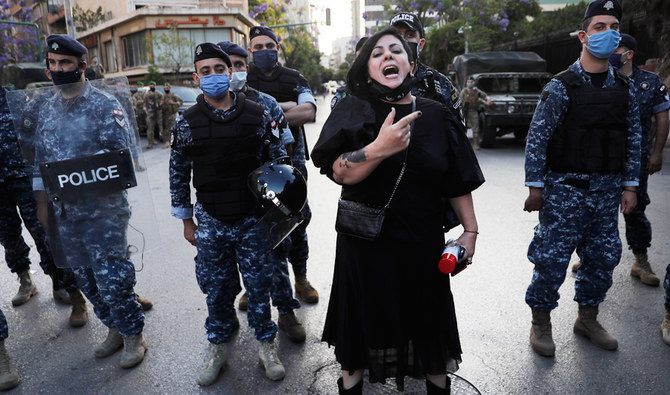
by reuters — Vincent al-Boustani’s local council, in a small town north of Lebanon’s capital, runs a tight ship: staff and volunteers conduct 24/7 patrols, cameras monitor the streets and motorcycles are banned after 9pm. Boustani believes this is the best way to offer security as the economy crumbles, people become poorer and fear of crime increases. “The need for money, for food, I believe things will get even worse. I hope I’m wrong,” he said. “That’s why we must remain alert, aware of the danger…We’re going towards the unknown.” A financial crisis that has swept Lebanon since last year means more and more families have little means to cope as the currency collapses and the state offers little or no help. The country faces what is seen as the biggest threat to its stability since the 1975-1990 civil war.
In the first four months of 2020, murders in Lebanon doubled from the same period last year. Car thefts jumped nearly 50% and burglaries 20%, according to a report by the Beirut-based research firm Information International, based on police data. As the currency plunges, more unrest is feared in a country with a tumultuous history and where sectarian tensions are never far from the surface. The prices of imported foods upon which Lebanese depend have been driven up by a 70% decline in the Lebanese pound’s value since October. A World Food Programme report this month found that 50% of Lebanese, as well as 63% of Palestinians and 75% of Syrians in the country, had feared they would not have enough to eat over the past month.











